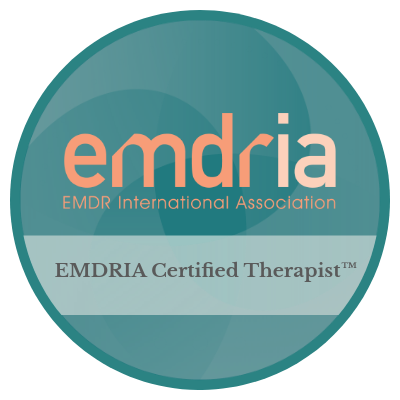Understanding and Treating PTSD & Trauma with Dr. Nikoo
Causes and Triggers of PTSD
Effects of PTSD
The fear and anxiety stemming from traumatic events can have lasting impacts on an individual’s life. Common symptoms of PTSD include:
- Flashbacks: Sudden, intrusive memories of the traumatic event.
- Nightmares: Repeatedly reliving the trauma in disturbing dreams.
- Hypervigilance: Constantly feeling on edge or easily startled.
- Emotional Numbness: Difficulty experiencing positive emotions.
- Avoidance: Steering clear of places, people, or activities that might trigger memories of the trauma.
Causes and Triggers of PTSD
Effects of PTSD
The fear and anxiety stemming from traumatic events can have lasting impacts on an individual’s life. Common symptoms of PTSD include:
- Flashbacks: Sudden, intrusive memories of the traumatic event.
- Nightmares: Repeatedly reliving the trauma in disturbing dreams.
- Hypervigilance: Constantly feeling on edge or easily startled.
- Emotional Numbness: Difficulty experiencing positive emotions.
- Avoidance: Steering clear of places, people, or activities that might trigger memories of the trauma.
Dr. Nikoo’s Approach to PTSD and Trauma Therapy
Dr. Nikoo is an expert in treating psychological trauma, guiding each patient through a safe and effective process to uncover and address unresolved trauma and PTSD. Her comprehensive approach includes:
- EMDR (Eye Movement Desensitization and Reprocessing): This specialized therapy helps patients process and integrate traumatic memories, reducing their emotional impact.
- CBT (Cognitive Behavioral Therapy): CBT assists individuals in identifying and altering negative thought patterns associated with their trauma.
- DBT (Dialectical Behavior Therapy): DBT teaches skills for managing intense emotions and improving interpersonal relationships.
- Narrative Therapy: This approach helps patients reshape their personal stories, empowering them to overcome the effects of trauma.
- Experiential Therapy: Engaging in expressive activities allows individuals to process emotions in a dynamic and holistic manner.
The Path to Healing
Seeking Help for PTSD
- 619-947-5515
- abalancedcommunication@gmail.com
explore services designed to support your growth.
Couples Therapy
Couples Therapy with Dr. Nikoo Couples, much like families, have their ...
Family Therapy
Family Therapy with Dr. Nikoo Dr. Nikoo approaches family therapy with ...
Trauma / PTSD
Understanding and Treating PTSD & Trauma with Dr. Nikoo Post-traumatic stress ...
Drug & Alcohol Addiction
Drug & Alcohol Addiction Treatment with Dr. Nikoo Dr. Nikoo, holding ...
Gambling Addiction
Overcoming Gambling Addiction with Dr. Nikoo Dr. Nikoo is a certified ...
Marriage And Family
Marriage and Family Therapy with Dr. Nikoo As a licensed marriage ...
Individual Therapy
Individual Therapy with Dr. Nikoo Dr. Nikoo is dedicated to helping ...
Domestic Violence
Domestic Violence Recovery Program (DVRP) Groups Dr. Nikoo is proud to ...
Eye Movement Desensitization and Reprocessing
EMDR Therapy with Dr. Nikoo With nearly two decades of experience ...
Hypnotherapy
Hypnotherapy with Dr. Nikoo Dr. Nikoo offers advanced hypnotherapy services based ...
Infidelity / Cheating
Infidelity & Cheating Healing and Recovery with Dr. Nikoo Infidelity, or ...
Sexual Addiction
Overcoming Sexual Addiction with Dr. Nikoo Sexual addiction, including sex and ...


